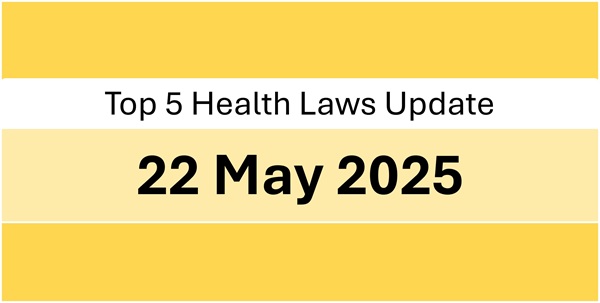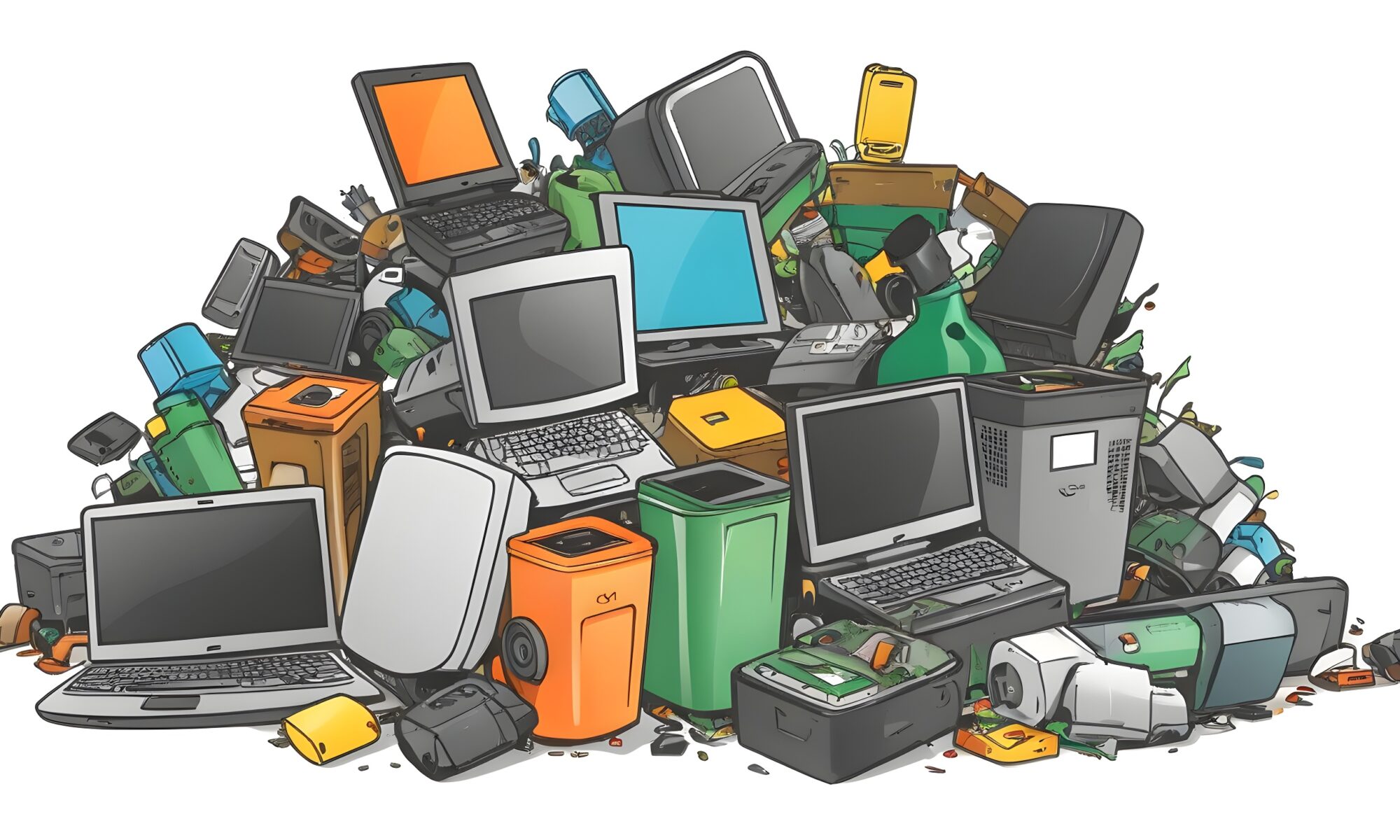Dear Readers, we are happy to share the most interesting legal and policy updates concerning health industry that we read today. we hope you enjoy reading it.
1. India’s Central Pollution Control Board (CPCB) has extended the deadline for filing E-Waste EPR returns till June 30, 2025, and mandates audits for all registered entities to strengthen rule compliance and traceability.
Source: bit.ly/4k8KbE8
2. Food Safety and Standards Authority of India has proposed reforms to ease food license renewals, including fixed renewal dates (Jan 15, Apr 15, Jul 15, Oct 15), 10-year validity for Trade/Retail businesses, and a 3-year minimum for registrations. These aim to standardize compliance, reduce admin burdens, enable bulk renewals. Stakeholders have been invited to submit feedback by 30th June, 2025.
Source: bit.ly/3SBuv09
3. The Drugs Controller General of India (DCGI) has revoked import registrations of several cosmetic products containing salicylic acid concentrations exceeding the prescribed limit, in violation of the Cosmetics Rules, 2020.
Source: bit.ly/4kyzz1e
4. India’s Kerala High Court rules that prescribing medicines and tests over the phone doesn’t constitute gross negligence, reinforcing protections for doctors against unwarranted criminal liability.
Source: bit.ly/4dybNQy
5. India’s Central Drugs Standard Control Organisation (CDSCO) has identified numerous MSME pharmaceutical firms in India producing substandard drugs, with April data revealing about 60 samples failing quality standards. Affected products include eye drops, anaesthetics, and supplements.
Source: bit.ly/4jirNHr


